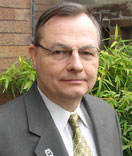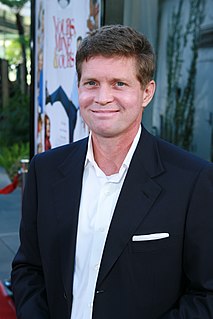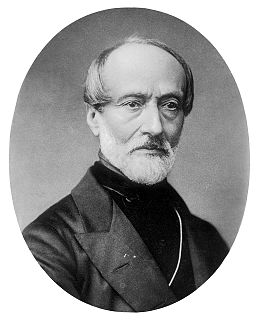A Quote by Philip Kitcher
Secular humanists should recognize those forms of religion as allies in the struggle for human advancement. They should also learn from them, as they try to build a fully secular world in which people can have the opportunity to live rich and fulfilling lives.
Related Quotes
Much of human progress has been in defiance of religion or of the apparent natural order. The defiance of religious and secular authority has led to democracy, human rights, and the protection of the environment. Humanists make no apologies for this. Humanists twist no biblical doctrine to justify such actions.
You grow up and recognize that in any educated secular society, there's no excuse for ignorance. You have to recognize in yourself, and challenge yourself, that if you see racism or homophobia or misogyny in a secular society, as a member of that society, you should challenge it. You owe it to the betterment of society.
The church is only the church when it exists for others. To make a start, it should give away all its property to those in need. The clergy must live solely on the free-will offerings of their congregations, or possibly engage in some secular calling. The church must share in the secular problems of ordinary human life, not dominating, but helping and serving. It must tell men of every calling what it means to live in Christ, to exist for others.
I'm not against religion in the sense that I feel I can't tolerate it, but I think written into the rubric of religion is the certainty of its own truth. And since there are 6,000 religions currently on the face of the earth, they can't all be right. And only the secular spirit can guarantee those freedoms and it's the secular spirit that they contest.
Life is not given to us that we might live idly without work. No, our life is a struggle and a journey. Goof should struggle with evil; truth should struggle with falsehood; freedom should struggle with slavery; love should struggle with hatred. Life is movement, a walk along the way of life to the fulfillment of those ideas which illuminate us, both in our intellect and in our hearts, with divine light.
In contemporary society secular humanism has been singled out by critics and proponents alike as a position sharply distinguishable from any religious formulation. Religious fundamentalists in the United States have waged a campaign against secular humanism, claiming that it is a rival "religion" and seeking to root it out from American public life. Secular humanism is avowedly non-religious. It is a eupraxsophy (good practical wisdom), which draws its basic principles and ethical values from science, ethics, and philosophy.
In what terms should we think of these beings, nonhuman yet possessing so very many human-like characteristics? How should we treat them? Surely we should treat them with the same consideration and kindness as we show to other humans; and as we recognize human rights, so too should we recognize the rights of the great apes? Yes.

































